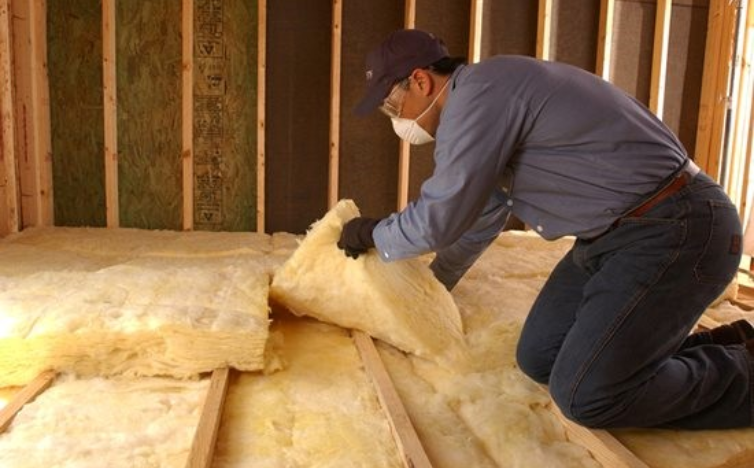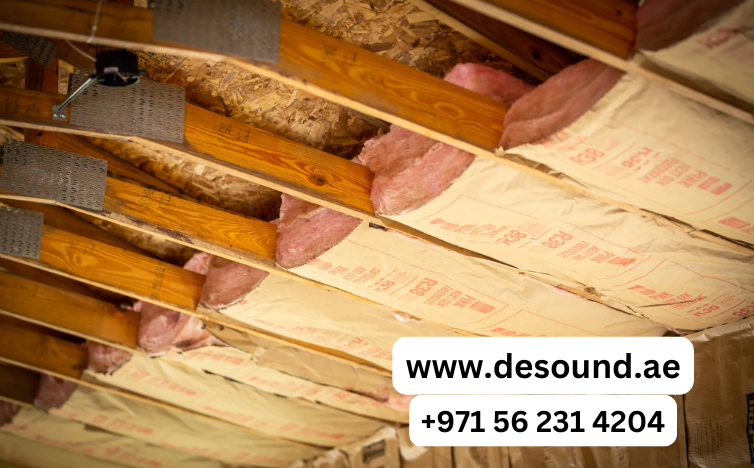Batting insulation (fiberglass or mineral wool rolls) is a common choice for thermal and sound insulation in homes and buildings. However, despite its popularity, it often underperforms compared to other insulation methods. This article explores the key limitations of batting insulation and why it may not be the best solution for optimal efficiency.
1. Poor Air Sealing
Batting insulation does little to block air leaks. Gaps around edges, electrical boxes, and ductwork allow drafts, reducing its effectiveness. Unlike spray foam or rigid boards, batting cannot seal gaps, leading to energy loss and higher utility bills.

2. Settling Over Time
Fiberglass and mineral wool batts can sag or compress, especially in vertical installations. This creates uninsulated voids, reducing thermal performance. Unlike blown-in cellulose or spray foam, which maintain density, batting loses R-value as it deteriorates.
3. Difficult Installation Perfection
Proper installation requires precise cutting and fitting around obstacles like pipes and wires. Even small gaps or compression significantly reduce effectiveness. DIY installations often result in poor coverage, while spray foam and rigid panels offer more consistent performance.
4. Limited Moisture Resistance
Batting insulation absorbs moisture, leading to mold growth, rot, and reduced insulation value. In humid climates or areas prone to leaks, materials like closed-cell spray foam or rigid foam boards provide better moisture resistance.
5. Inadequate Soundproofing
While batting absorbs some noise, it doesn’t block sound as effectively as dense materials like mass-loaded vinyl or acoustic foam. For true soundproofing, additional layers are often needed.
Better Alternatives to Batting Insulation
- Spray Foam – Expands to seal gaps, providing superior air sealing.
- Blown-In Cellulose – Fills cavities completely, reducing settling issues.
- Rigid Foam Boards – High R-value and moisture resistance.
- Mineral Wool Boards – Better soundproofing and fire resistance.
Call us: Contact DeSound Soundproofing Expert in Dubai For Soundproofing: +971 56 231 4204
Conclusion
While batting insulation is affordable and widely available, its drawbacks—poor air sealing, settling, moisture sensitivity, and installation challenges—make it less effective than modern alternatives. For long-term energy efficiency and comfort, consider upgrading to spray foam, rigid boards, or blown-in insulation.

